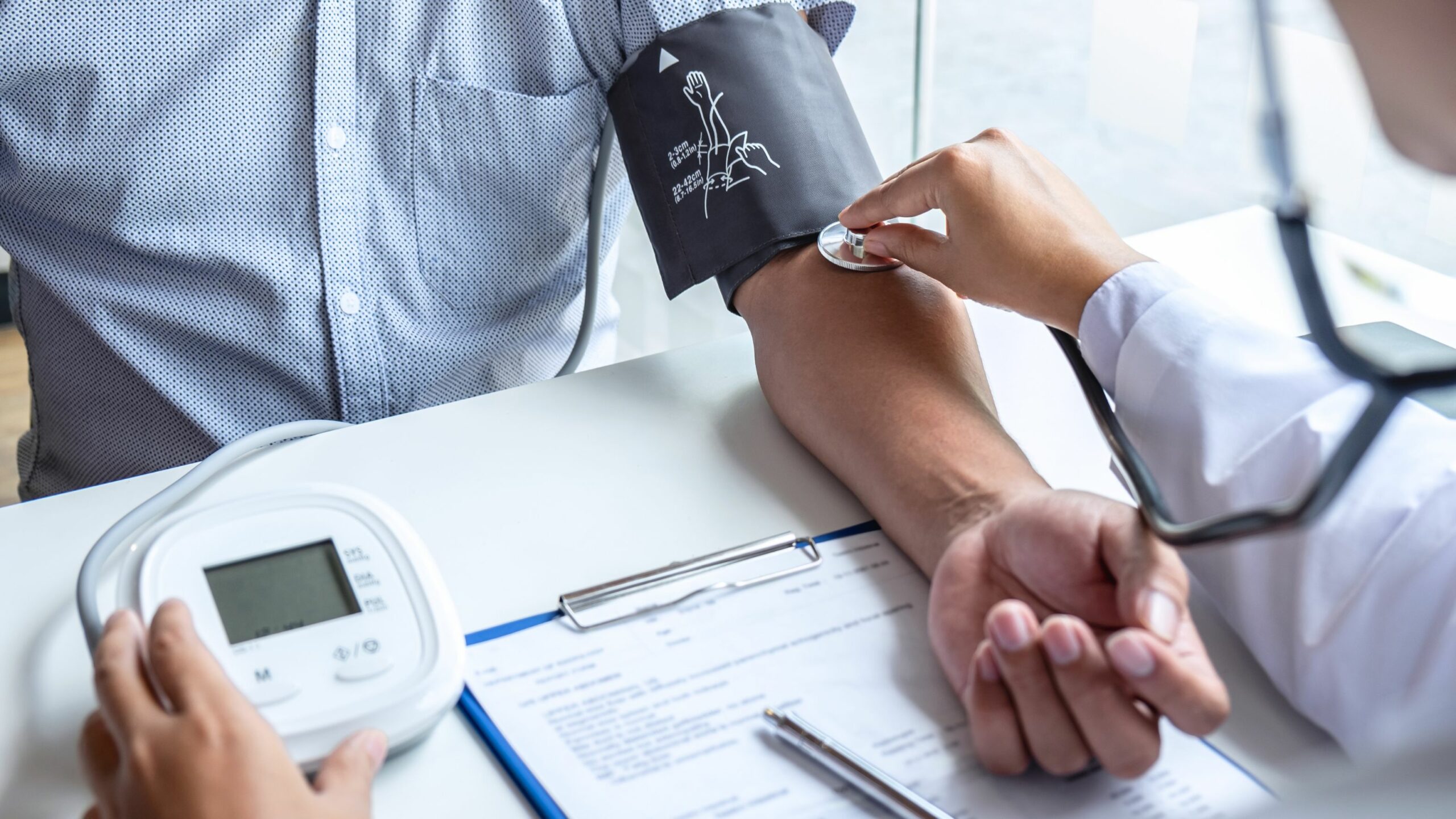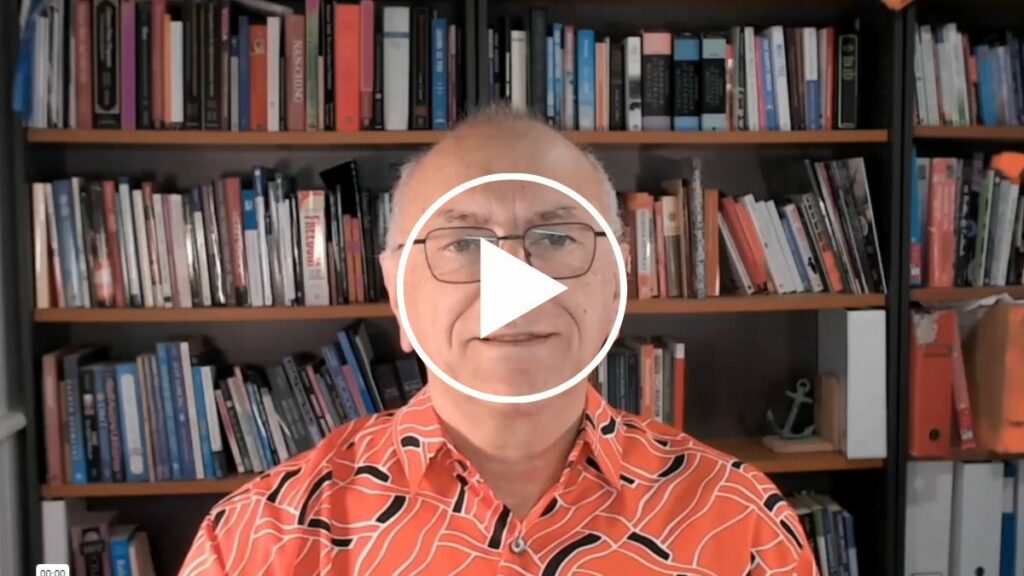When we talk about depression, it’s often viewed solely from a mental and emotional perspective. However, as we’ve discussed in our previous blogs, issues impacting mental well-being can have significant implications for our physical health, too. One such connection is the link between cardiovascular diseases and depression.
As a matter of fact, the National Heart Foundation recognizes depression as an independent risk factor for heart attacks, especially for women. Other studies further confirmed this after they found that depressed patients have a 20 to 40% higher prevalence of coronary artery disease compared to healthy individuals.
And yet, despite the concerning relationship between these two conditions, it’s comforting to know that both conventional and alternative medicine offer treatments for cardiovascular diseases and depression. Acupuncture, for instance, has emerged as a promising option. In this blog, we’ll explore the connection between these health issues and how acupuncture can offer relief.
Understanding the Connection between Depression and Heart Health
According to a study, the profound relationship between these two health issues is often referred to as a clinical phenomenon called cardiovascular disease with depression. For years, there has been evidence linking mental illness and cardiovascular disease as intertwined factors. Still, it is only recently acknowledged that depression acts as a risk factor for coronary heart disease and vice versa.
Further studies confirm these findings after it was identified that depression is not only a risk factor but a consequence of cardiovascular ailments, too. For instance, the Enhancing Recovery in Coronary Heart Disease (ENRICHD) trial found that 74% of patients who recently suffered a myocardial infarction were diagnosed with depression. But that wasn’t the only thing they found as their study further revealed an alarming trend.
Their data illustrated the severity of the issue as it found that depression rates stand at 10% in general practice clinics, which soared to 30% in outpatient clinics for coronary heart disease (CHD), and even further increasing to a staggering 50% among inpatients undergoing coronary artery bypass surgery.
These studies demonstrate the mutual causative relationship between these conditions, each exerting reciprocal effects on the other, making them significant health concerns. Despite the availability of treatments for both, diagnosis rates remain low, and prognosis is often poor. This underscores the need for further research and discussion to improve prevention, diagnosis, and treatment strategies for cardiovascular disease with depression.
The Role of Acupuncture in Depression Management

Meanwhile, when it comes to addressing heart diseases and mental health issues, conventional Western medicine often relies heavily on drug medications. However, we’re well aware of the limitations that medications, especially for mental health conditions, can present.
That’s why treatment options shouldn’t be limited to Western practices alone. Lifestyle changes and alternative therapies offer valuable alternatives. Take acupuncture, for instance—it’s increasingly recognized as a beneficial treatment for depression.
As I’ve emphasized time and again, acupuncture can be a game-changer for mental health. Many of my patients seek acupuncture not just for physical pain relief but also for mental well-being.
In line with ancient Chinese beliefs, physical pain can sometimes stem from hidden emotional burdens. By addressing these hidden burdens through acupuncture, we can restore the flow of energy throughout the body, effectively treating both physical and mental health manifestations.
In my four decades as a medical practitioner and acupuncturist, I’ve witnessed remarkable transformations in my patients’ health through acupuncture. Here’s what I’ve observed.
Neurotransmitter Regulation
Acupuncture helps regulate the levels of neurotransmitters such as serotonin, dopamine, and norepinephrine, which play key roles in mood regulation. By restoring balance to these neurotransmitters, acupuncture can help improve mood and alleviate depressive symptoms.
Stress Reduction
Acupuncture has also been shown to reduce levels of cortisol, the body’s primary stress hormone. By reducing stress levels, acupuncture can help alleviate symptoms of depression, which are often exacerbated by chronic stress.
Endorphin Release
Acupuncture stimulates the release of endorphins, which are natural pain-relieving and mood-enhancing chemicals produced by the body. By increasing endorphin levels, acupuncture can help reduce feelings of sadness and promote a sense of well-being.
Improvement of Sleep Quality
Acupuncture has also been shown to improve sleep quality and regulate sleep patterns. Since sleep disturbances are common in depression, improving sleep quality through acupuncture helps the body rest and relax – which helps promote reducing depressive symptoms.
Integrating Acupuncture into Cardiovascular Care

Some evidence suggests that acupuncture, especially when used in conjunction with other mental health treatments like talk therapy, accelerates a patient’s recovery from mental health issues. But can treating depression also impact the treatment of cardiovascular disease?
According to a study’s secondary analysis of clinical trials, improvements in depression coincide with better prognoses for coronary heart disease. This suggests that managing depression symptoms may positively influence heart healing and recovery. However, it doesn’t imply that treatment should focus solely on depression — rather, an integrated approach addressing both mental and physical health remains optimal.
Despite this promising link, there’s a noticeable gap in research regarding the simultaneous treatment of depression and cardiovascular diseases. So, where do acupuncturists fit into this equation?
As an advocate for integrating Western and Eastern medicine, I believe fostering collaborative discussions between acupuncturists and cardiologists is key to bridging this gap. In a world where health concerns are on the rise, it’s essential for medical and alternative medicine professionals to join forces in developing treatment approaches that prioritize patients’ swift recovery.
Here are a few tips on initiating discussions with cardiologists:
Build Relationships
Establish open communication and mutual respect with medical practitioners. Building trust and rapport is essential for effective collaboration.
Educate
Educate medical practitioners about the benefits of acupuncture in treating depression and its potential role in improving outcomes for patients with cardiovascular disease. Provide scientific evidence and case studies to support the efficacy of acupuncture.
Highlight Safety
Emphasize the safety of acupuncture as a complementary therapy, especially for patients with cardiovascular disease who may have specific health concerns. Ensure that medical practitioners are aware of the safety protocols followed during acupuncture treatments.
Offer Consultations
Offer to provide consultations or educational sessions for medical practitioners to discuss specific cases and how acupuncture can complement traditional medical treatments for depression in patients with cardiovascular disease.
Foster Collaborative Planning
Encourage collaborative treatment planning where acupuncture is integrated into the overall care plan for patients with cardiovascular disease and depression. Work together with medical practitioners to tailor treatment approaches to individual patient needs and preferences.
Monitor Progress

Collaborate closely with medical practitioners to monitor patient progress and outcomes when acupuncture is incorporated into their treatment regimen. Regular communication and sharing of information are key to optimizing patient care.
Respect Boundaries
Respect medical practitioners’ scope of practice and expertise and acknowledge that acupuncture is one component of a comprehensive treatment approach. Maintain open communication and refer patients back to medical practitioners as needed for ongoing medical management.
Building collaborative relationships and embracing an integrated approach to patient care allows acupuncturists to make meaningful contributions to treating depression in patients with cardiovascular disease, leading to better overall health outcomes.
Considerations for Tailoring Acupuncture Protocols for Heart Patients
When customizing acupuncture protocols for heart patients, it’s essential for acupuncturists to not only collaborate with other healthcare professionals but also possess the necessary expertise in managing these cases. Patients with cardiovascular disease and depression necessitate a holistic approach that addresses both their physical and emotional well-being. This involves employing appropriate strategies and techniques tailored to their unique challenges and needs.
Here are some key considerations to keep in mind:
Physical Health Considerations
Patients with cardiovascular disease are often dealing with significant physical health challenges, such as heart failure, hypertension, or a history of heart attacks. These conditions can impact their overall well-being and complicate the management of depression. Acupuncturists must be mindful of these physical health concerns when designing treatment plans and ensure that acupuncture interventions are safe and appropriate for the patient’s cardiovascular condition.
Medication Interactions
Patients with cardiovascular disease may be taking multiple medications to manage their heart condition, such as blood thinners, beta-blockers, or statins. Acupuncturists need to be aware of potential interactions between acupuncture and these medications and any contraindications that may affect treatment decisions. Close collaboration with medical practitioners is essential to ensure patient safety and optimize treatment outcomes.
Emotional Impact

A diagnosis of cardiovascular disease can have a significant emotional impact on patients, leading to feelings of anxiety, fear, or depression. Managing these emotional aspects of the illness is crucial for overall patient well-being and may require a multidisciplinary approach involving mental health professionals, medical practitioners, and acupuncturists working together to address both the physical and emotional aspects of the patient’s condition.
Fragility and Vulnerability
Patients with cardiovascular disease are often more fragile and vulnerable due to their underlying health condition. They may be more susceptible to stress, anxiety, and depression, which can exacerbate their cardiovascular symptoms and increase their risk of adverse health outcomes. Acupuncturists must approach these patients with sensitivity and compassion, considering their unique needs and concerns.
Final Takeaway
Depression, often marked by persistent low mood and diminished pleasure, significantly impacts the quality of life for countless individuals. According to the World Health Organization, approximately 5% of the global population experiences depression and alarmingly health studies suggest that this number is projected to rise, with depression poised to become a leading contributor to the global disease burden by 2030.
Despite the growing openness surrounding discussions about mental health, the recognition of depression as both a risk factor and a causal factor for major ailments like cardiovascular diseases remains relatively overlooked.
This underscores the importance of acupuncturists and other mental health experts and advocates taking proactive steps to reshape medical approaches through ongoing education, dialogue, and collaborative efforts. While collaborative efforts alone may not be the sole solution to healing our patients, they can serve as a crucial catalyst for recovery, offering individuals a renewed sense of hope and optimism for the future.
DID YOU LIKE THIS ARTICLE? YOU MIGHT ALSO LIKE:
Antidepressant Deprescribing: As an Acupuncturist, What Should I Do?
Needle to Nirvana: Exploring the Revolutionary Benefits of Transformational Acupuncture for Depression
The Healing Fusion: When Modern Medicine Meets Ancient Wisdom in a GP’s Practice





